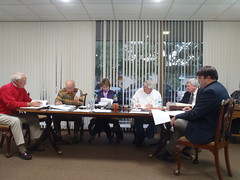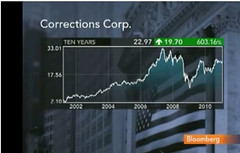 Congratulations to all who worked against the biomass plant:
today was the deadline on its most recent extension,
so it’s gone for now.
Congratulations to WACE and SAVE and NAACP and New Life Ministries
and everyone else who was involved, especially Natasha Fast, Seth Gunning,
and Brad Bergstrom, who were working against it before almost anyone else.
Congratulations to all who worked against the biomass plant:
today was the deadline on its most recent extension,
so it’s gone for now.
Congratulations to WACE and SAVE and NAACP and New Life Ministries
and everyone else who was involved, especially Natasha Fast, Seth Gunning,
and Brad Bergstrom, who were working against it before almost anyone else.
Congratulations to those who were instrumental even though they were not exactly or originally biomass opponents, especially Ashley Paulk, who came out and said what needed to be said, and George Bennett, who was willing to admit in public that he was one of the earliest proponents of the biomass plant but new knowledge caused him to think differently.
A big shoutout to the VSU Faculty Senate, the only traditional non-activist body that went on record as opposing the biomass plant with an actual vote before the extension deadline. The VSU Faculty Senate did what the Valdosta City Council, the Lowndes County Commission and the Industrial Authority Board would not. Go Blazers!
 A special strategic mention to Kay Harris and David Rodock of the
Valdosta Daily Times, who came to realize they were not being told the
whole truth by the Industrial Authority.
The VDT even
gave a civics lesson on how to stop the biomass plant.
A special strategic mention to Kay Harris and David Rodock of the
Valdosta Daily Times, who came to realize they were not being told the
whole truth by the Industrial Authority.
The VDT even
gave a civics lesson on how to stop the biomass plant.
And a very special mention to the people who did the most to make the
name of biomass mud in the public’s eye:
 Brad Lofton, Col. Ricketts, and the VLCIA board.
Without their indoctrination sessions and paid “forum” and stonewalling,
people wouldn’t have been turned against that thing nearly as fast!
Brad Lofton, Col. Ricketts, and the VLCIA board.
Without their indoctrination sessions and paid “forum” and stonewalling,
people wouldn’t have been turned against that thing nearly as fast!
Yet it ain’t over until it’s over.
According to David Rodock in the VDT today: Continue reading








